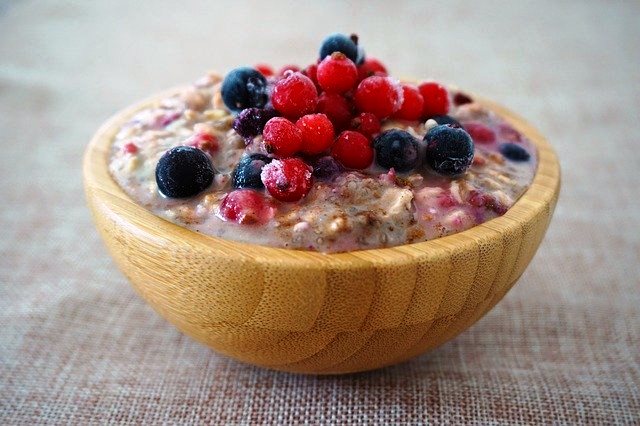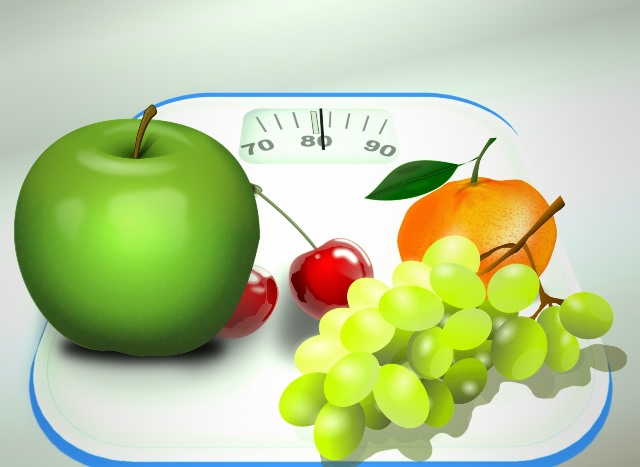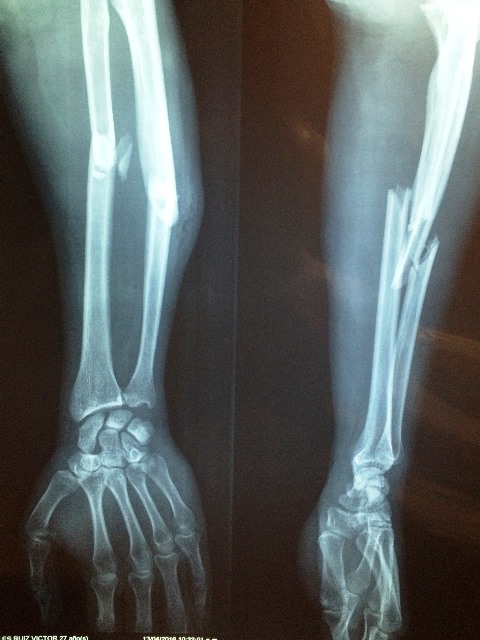
Hi there and welcome to gain healthy weight. So, why would anyone be intentionally trying to gain weight?
Chances are if you’ve been trying to gain weight, you’re not shouting it out to the world.
Because it’s just not the weight problem that most people have. And it’s quite likely their eyes will glaze over if you talk about it.
So this first post is a bit about folks looking to gain weight.
Reasons For Wanting Healthy Weight Gain
Here are a few reasons why this may be important to you:
- Being constantly underweight and wanting to increase body weight, build size and energy levels with good nutrition.
- Wanting to develop curves and/or muscle and feel better about yourself.
- Boosting your body’s immunity using nutritious food while putting on much needed weight.
- Recovery after a sudden or chronic illness that’s resulted in weight loss.
- Perhaps you care for a loved one; an underweight child, frail or older person whose weight and health you are concerned about.
- Or for sports/ athletic needs.
Why I Wanted To Gain Weight
There were several reasons I wanted to gain weight.
Firstly, I wanted body fat in general to cushion me because I looked really “bony”, and because I always felt SO COLD regardless of the time of year.
Secondly, I was just constantly falling sick. I would go from having a cold to flu to a sore throat to ear ache, back to a cold over and over again. Seriously, I could have started my own pharmacy with all the antibiotics and other medicines recommended by the GPs.
Also, I was gaunt and didn’t look healthy. People assumed I was older than my actual age, and some weren’t shy of letting me know either.
This next one may seem a strange reason, but maybe some of you can relate. There was hardly any difference between the size of my lower and upper arms.
The truth is my forearms remain tiny. However now my upper arms are toned, stronger and distinctly proportional. You may find there will be some things that can’t be changed with weight gain.
The BMI System
Being slim can be due to a few different factors like genetics, fast metabolism, high satiety cues, lack of appetite etc. Many people who are/look underweight may be in overall good health.
In saying this, there is an international standard for body weight measurement, the Body Mass Index (BMI).
This system is an approximate measure of body fat. Now, it isn’t perfect. For example it won’t take into account your genetics; like you may come from a long line of lean Kenyan runners.
So, it’s a kind of one-size-fits-all, but it is the international standard. Hard weight gainers may fall in the underweight category.
There are tons of BMI calculators out there. To figure out your BMI, input your height and weight ratios in a BMI calculator like this one.
| BMI Ranges Underweight: Under 18.5 Healthy weight range: 18.5-24.9 Overweight: 25-29.9 Obese: 30 or higher. |
For the longest time I hovered just over the 17 mark on the BMI scale, but I’m now sitting at over 20.
Now, a quick word about wanting to gain weight. If you looked at this site’s About page, you’ll see I put on what I consider to be quite a bit of weight. However even with that increase, I still remain quite slim. But, we’ll talk about managing expectations in other posts.
Why It’s A Good Idea to See Your GP Before Starting A Weight Routine
Before I finish off this post, I just wanted to highlight one thing. I recommend before you start trying any weight gain program to see your doctor and if you can, get some blood tests done.
This may seem like an unnecessary and expensive step, especially if you’re young and feel healthy, but there are good reasons for this.
A GP can:
- Do a check-up to make sure that being underweight isn’t due to an underlying medical condition. There could be a cause or contributing factor like digestive issues, uncontrolled diabetes, hyperthyroidism or even parasites. Also, a blood test can show if you have high blood pressure or other condition that a high protein, high carbohydrate diet may affect.
- Give some advice about practical weight gain goals specific to you. They can discuss diet and how active you are, as well as lifestyle, food and exercise changes that will encourage weight gain.
Till next post on gain healthy weight.













